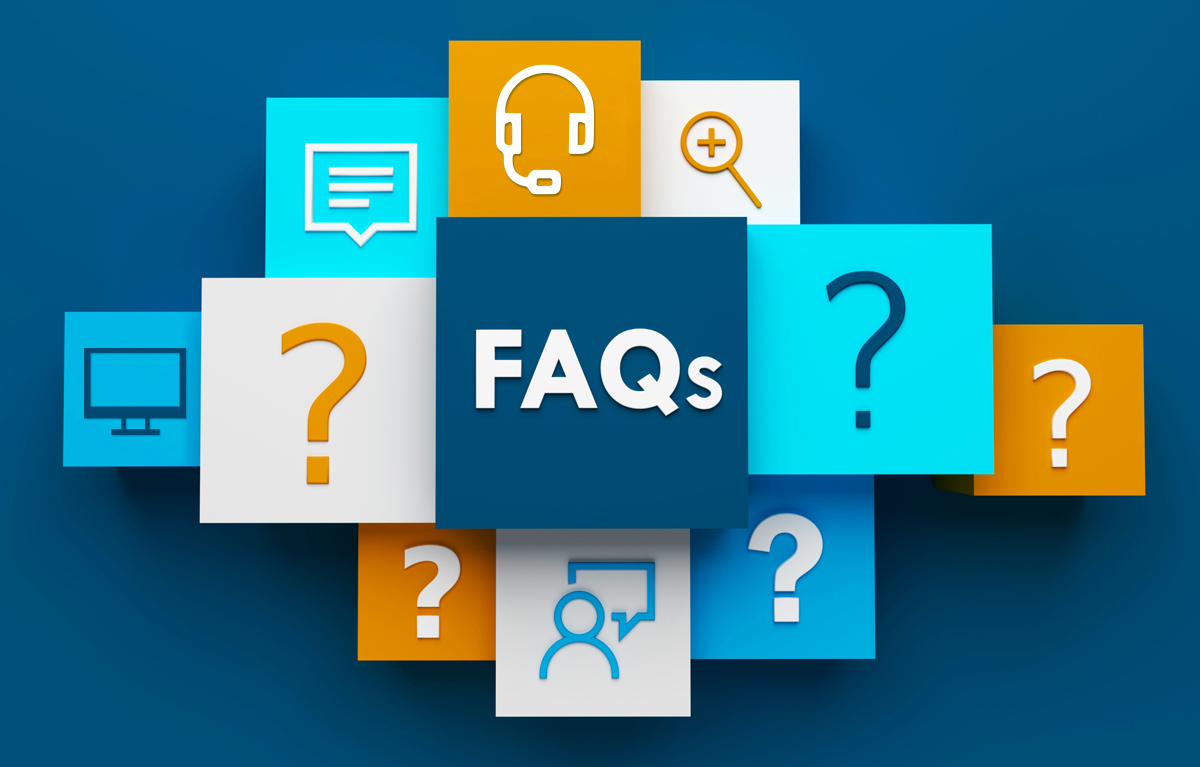Are you considering holding a marketing event to possibly get the attention of more Medicare clients? You’ll need to follow CMS’ rules for hosting sales events.
Listen to this article:
Check out our streamlined version of the Medicare Advantage & Part D Communication Requirements and Medicare Communications & Marketing Guidelines for sales events below.
Establishing Your Event
First and foremost, you must determine which type of marketing event you’d like to hold. There are two types of sales events: formal and informal. Here’s what sets them apart:
- Formal Sales Events: Agent presents plan-specific information to an audience invited to the occasion.
- Informal Sales Events: Agent offers plan info upon request only while at a table, booth, kiosk, or RV.
After you do that, you should decide on the when and where. You must register sales events with the proper parties and hold them in a public setting where individuals do not receive health care services.
Note: You may carry out sales activities in common areas of health care settings, including common entryways, vestibules, waiting rooms, hospital or nursing home cafeterias, and community, recreational, or conference rooms.
You may NOT carry out sales activities in exam or hospital patient rooms, treatment areas where patients interact with their provider or provider’s team, and pharmacy counter areas where patients interact with pharmacy providers and obtain medications. Avoid sales activities at health fairs or expos where health screening is being provided to avoid the risk of being perceived as engaging in “cherry picking.” Additionally, be aware that you cannot hold a sales event within 12 hours of an educational event in the same building or any adjacent buildings.
To meet these fundamental requirements, be sure to schedule your event far enough in advance to reserve a suitable space and let everyone know about it.
Want to master the art of hosting a Medicare sales event? Download our guide!

Registering Your Event
All Medicare sales events must be registered with the carriers you’re representing. Exact reporting deadlines and requirements vary from carrier to carrier, but carriers are responsible for maintaining accurate records of all their agents’ educational events and informal and formal sales events. The earlier you submit your events to carriers, the sooner you’ll be able to start advertising them.
If you fail to register an event with a carrier, you could lose out on sales commission and have your contract revoked.
Getting to know all your carriers’ reporting requirements is important. The required lead time for reporting your event varies from carrier to carrier, so register your event as soon as possible. Not registering an event in time with one of them will force you to reschedule it. Furthermore, if you fail to register an event with a carrier, you could lose out on sales commission and have your contract revoked.
To learn carriers’ reporting requirements, start by looking in your online agent portal for guidance. Reporting often involves submitting an event information form to a sales manager or representative through email or using an online reporting tool. When in doubt, call the carriers’ agent support number for help. You can find support numbers and agent portal links all in one place on the Ritter Docs carrier pages!
Note: Any event not advertised as “educational” can be viewed as a marketing event and should be registered as one.
Marketing Medicare Sales Events
While just putting out a flyer with your sales seminar or workshop’s information on it seems nice, it’s unacceptable. You must adhere to certain regulations for marketing your sales event.
When creating ads or invites, you cannot require potential attendees to provide contact information to RSVP for the event.
While you may plan to educate attendees on Medicare programs during your presentation, you cannot say your sales event is “educational” because educational events have a different set of requirements. You should disclose the products you plan on reviewing. Additionally, you must include the following disclaimers on all advertisements and invitations for your event:
- “For accommodation of persons with special needs at sales meetings call [insert phone and TTY number].”
- “Not affiliated with or endorsed by the government or federal Medicare program.”
If your event involves marketing Medicare Advantage or Part D, then you must also include the following third-party marketing organization (TPMO) disclaimer on any printed materials distributed for the event.
If marketing fewer than all plans within a service area, use:
“We do not offer every plan available in your area. Currently we represent [insert number of organizations] organizations which offer [insert number of plans] products in your area. Please contact Medicare.gov, 1-800-MEDICARE, or your local State Health Insurance Program (SHIP) to get information on all of your options.”If marketing all plans within a service area, use:
“Currently we represent [insert number of organizations] organizations which offer [insert number of plans] products in your area. You can always contact Medicare.gov, 1-800-MEDICARE, or your local State Health Insurance Program (SHIP) for help with plan choices.”You can promote your gathering online, via direct mailers and flyers, or through other forms of media. However, if you cancel the event at least two days in advance, it’s good practice to notify potential attendees via the same advertising channels you used to promote the event.
Giving Your Presentation
Sales events allow agents to try to direct potential enrollees or current members toward a plan or set of plans. Many marketing and lead-generating activities are allowed, but there are rules regarding the information you can collect. See what you can and cannot do at sales events below.
Sales Event Do’s and Don’ts
| Do’s | Don’ts |
| Let beneficiaries approach you first at informal events | Offer health screenings or similar activities that could seem like, or be used for, “cherry picking” |
| Use sign-in sheets that clearly indicate providing contact information is optional | Require attendees to use a sign-in sheet |
| Name all products and plan types you’ll cover before starting | Compare one carrier’s plan to other carriers’ plans by name without getting written consent from all carriers involved in the comparison or without having studies or statistical data to back up comparisons (Comparisons must be factually based and can’t be misleading) |
| Use only carrier- and CMS-approved presentations and talking points | Discuss or cross-sell non-health care related products (e.g., annuities, life insurance) |
| Distribute giveaways with your contact information on it1 | Use absolute or qualified superlatives (e.g., This is the “best” plan!) |
| Give away promotional items that include plan name, logo, toll-free number, and/or carrier website2 | Use contact information provided by attendees for raffles or drawings for any other purpose |
| Provide refreshments or light snacks (e.g., coffee, soda, fruit, crackers)3 | Give away cash or other monetary rebates |
| Hand out objective educational materials on Medicare Advantage, Part D, and other Medicare programs | Offer or subsidize meals or a combination of foods and beverages that could make it seem like you’re offering meals |
| Distribute star ratings information, Summary of Benefits, Pre-Enrollment Checklist, and the Multi-Language Insert with any enrollment form | Require attendees to fill out a Scope of Appointment form or enrollment forms |
| Collect lead cards and business reply cards4 | Host a sales event within 12 hours of an educational event in the same building or any adjacent buildings |
| Collect enrollment applications | |
| Use the necessary TPMO disclaimer on printed marketing materials | |
| Freely give out your business card to any attendee | |
| Arrange follow-up appointments & collect Scope of Appointment forms for future appointments | |
| Call attendees who attended a sales event if they gave express permission at the event for a follow-up call (you must have documented permission to contact)5 |
1,2,3Items must comply with CMS’ nominal gifts ordinances.
4,5Lead cards or PTC must comply with the TCPA requirements.
Cancelations
Things can come up: a family emergency, inclement weather, or another business matter. Sometimes you may have to cancel your sales event.
While the Medicare Advantage & Part D Communication Requirements don’t require you to submit sales event cancellations in HPMS, you should follow the best practices below and any policies set forth by your carriers.
Best Practices for Canceling a Sales Event
The Importance of Staying Compliant
All those reasons we previously covered on why it’s important to stay compliant when holding a Medicare educational event? They fit here as well.
Don’t forget, during your event, you may unknowingly speak with a secret shopper. By treating all attendees with respect and following the rules, you can ensure a secret shopper will only have good things to report.
Conducting a compliant Medicare sales event can seem intimidating, however, you shouldn’t let that stop you from adding them to your list of strategies to grow your insurance business. Remember, we’re always here to help with any questions, so you have nothing to fear.
If you’re not a Ritter agent yet, complete your free registration now to gain even more of our support!







Not affiliated with or endorsed by Medicare or any government agency.
Share Post